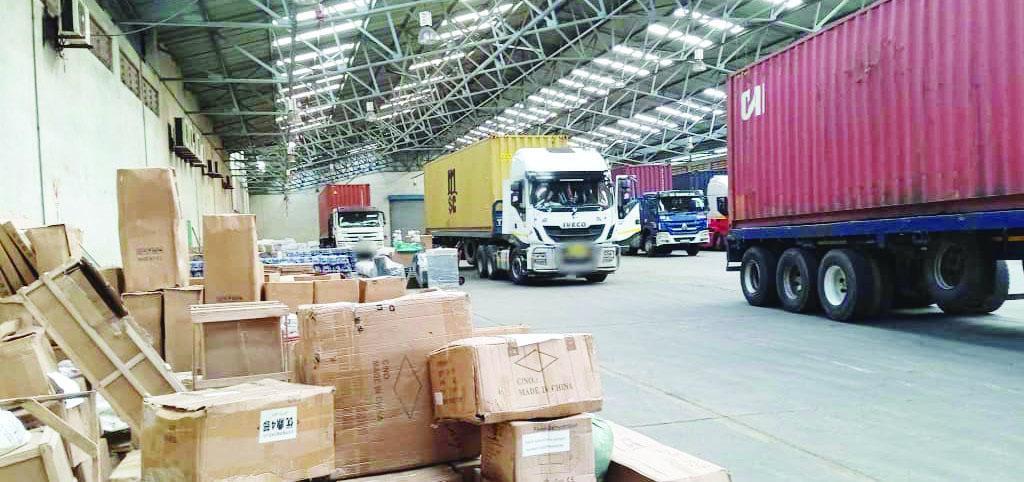By Kingsley Jassi:
Africa-Press – Malawi. Malawi is heading towards its second consecutive failure to achieve National Export Strategy (NES II) goals as the policy framework expires next year, leaving the country in a deteriorating trade position.
With the economy projected to reach $14.46 billion by 2026, the country’s exports must more than double to $2.89 billion to meet the strategy’s 20 percent export-to-GDP target—a goal that appears increasingly unrealistic given current performance trends.
The strategy prioritises agricultural products including industrial hemp, fisheries, processed foods and livestock, alongside mining, services manufacturing sectors to build a competitive production base under the “Made in Malawi” brand.
Despite securing preferential access to neighbouring countries, regional trade blocs, the United States, European Union and Asian markets, Malawi has repeatedly failed to meet supply commitments due to persistent production shortfalls.
The country’s terms of trade have deteriorated significantly, with annual imports now 2.5 times higher than exports, creating a $2.2 billion trade deficit in 2024 that the World Bank projects will widen further this year.
Industry expert David Kamchacha attributed the underperformance to chronic low productivity, despite available export markets and government efforts to secure bilateral trade agreements.
Furthermore, he called for increased investment in the country’s 600,000 hectares of available irrigation land.
“We need to sit down as private sector to see where the real problems are. Is it the cost of production or access to finance? We can’t blame it all on the government,” Kamchacha said.
Production shortfalls have affected not only exports but domestic supply of basic commodities, forcing government to authorize imports of staples like maize and sugar to stabilize local markets.
Mwapata Policy Institute Executive Director William Chadza emphasised the need for modern production facilities to address weather vulnerabilities, citing recent sugar supply disruptions that led to export cancellations despite rising regional demand evidenced by increased smuggling activities.
“Public-private partnerships for irrigation projects and infrastructure development, ensuring a conducive operating environment and policy incentives like tax breaks on equipment are essential interventions,” Chadza said.
Industry and Trade Minister Vitumbiko Mumba acknowledged the implementation gap at a recent banana conference, admitting that numerous policies and strategies have failed to deliver expected results.
“We want to match our policies with production, not just policies on paper gathering dust, and match our vision with value chains and our words with results,” Mumba stated.
The looming NES II failure underscores broader structural challenges in Malawi’s economy, where policy frameworks consistently outpace implementation capacity and private sector investment in productive sectors
For More News And Analysis About Malawi Follow Africa-Press






